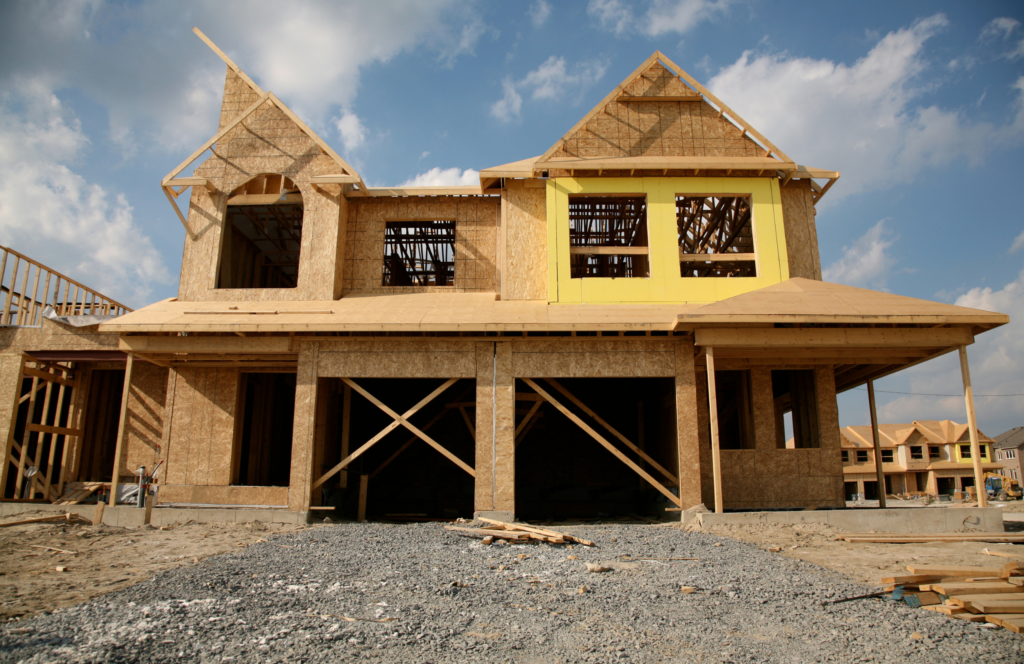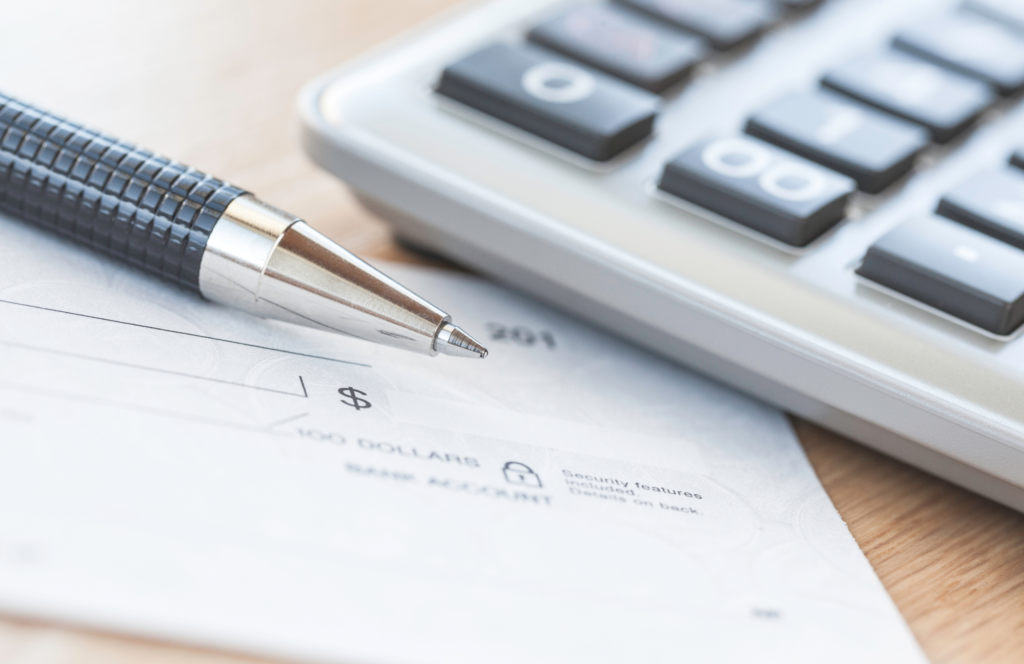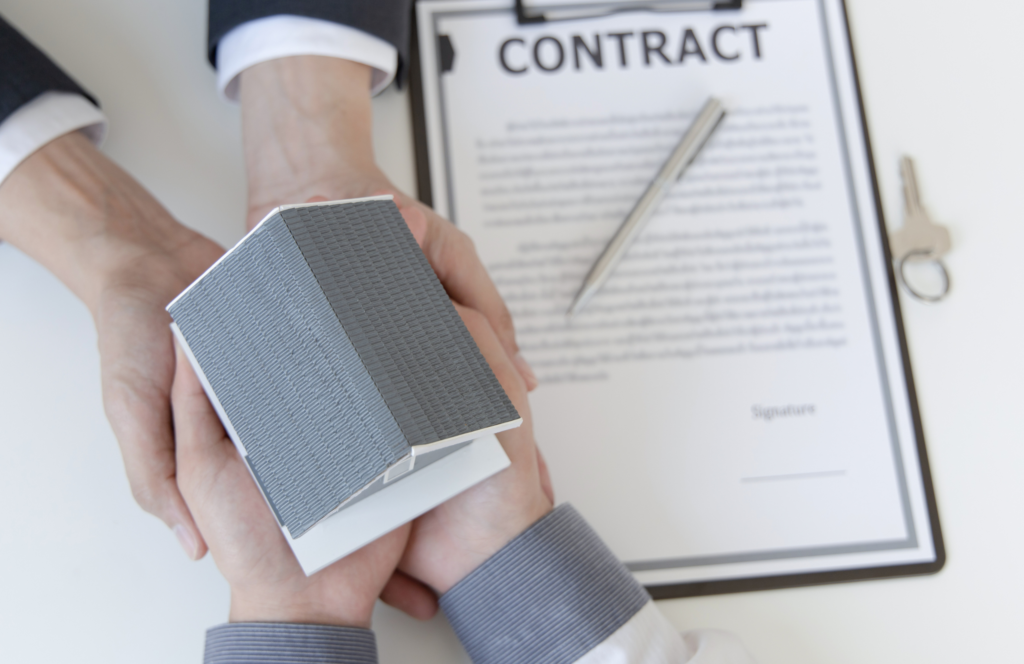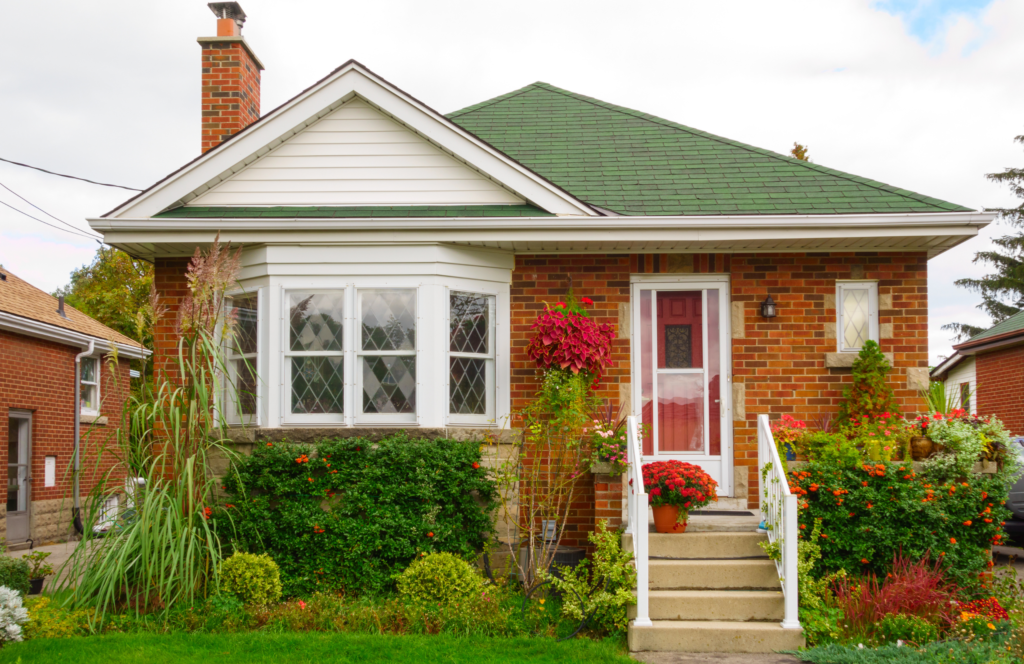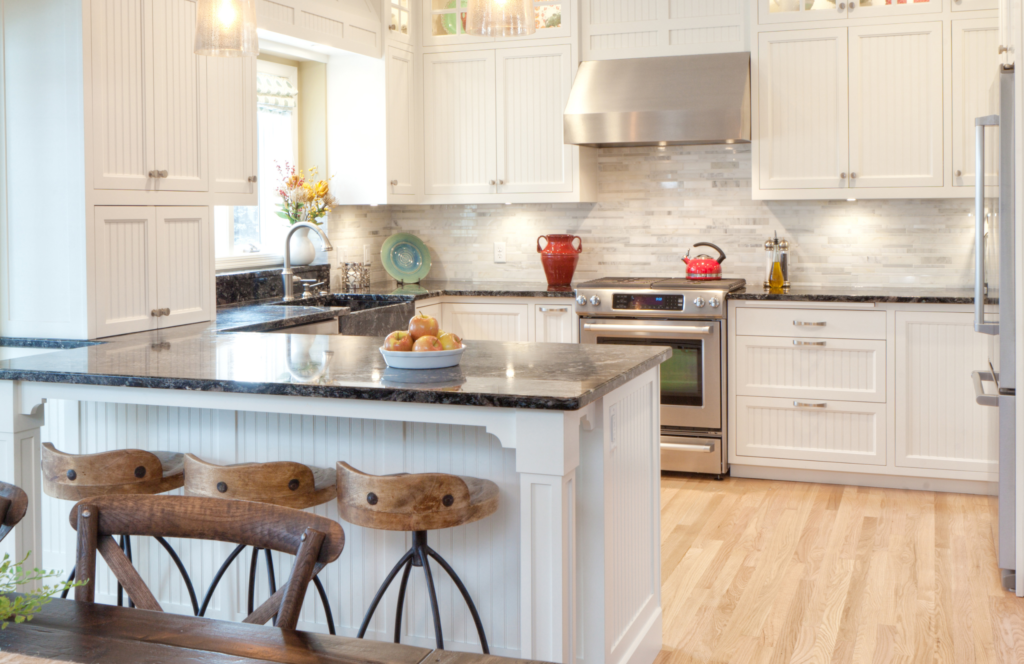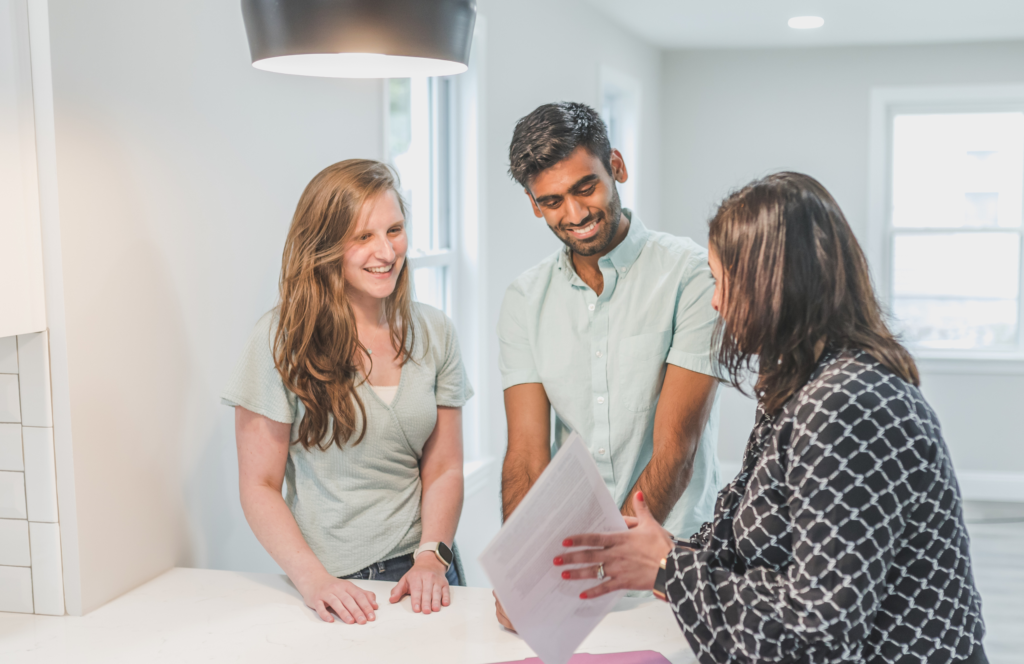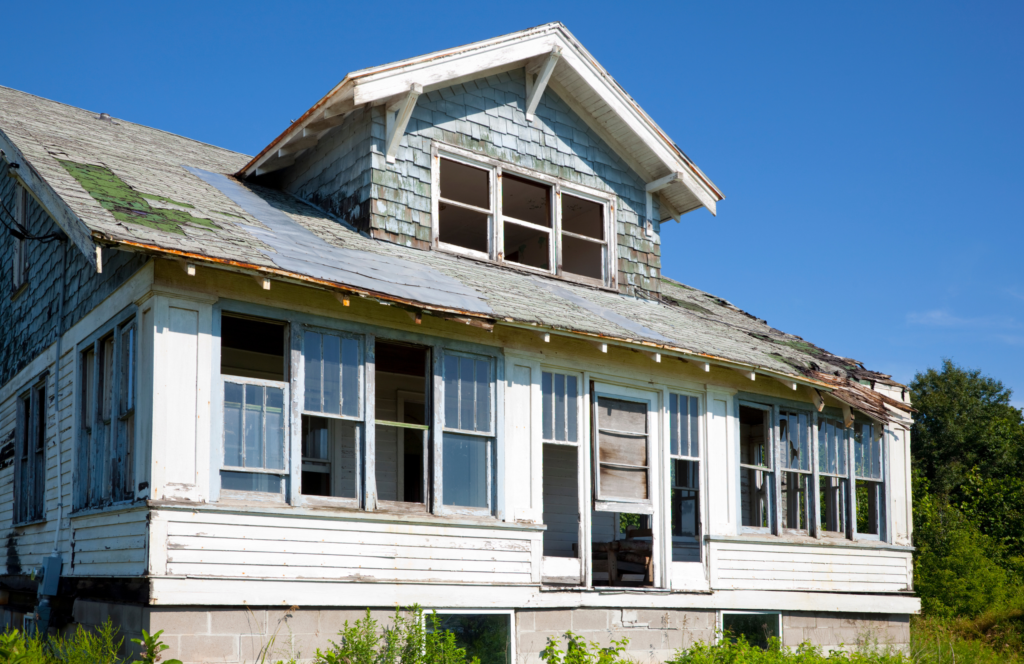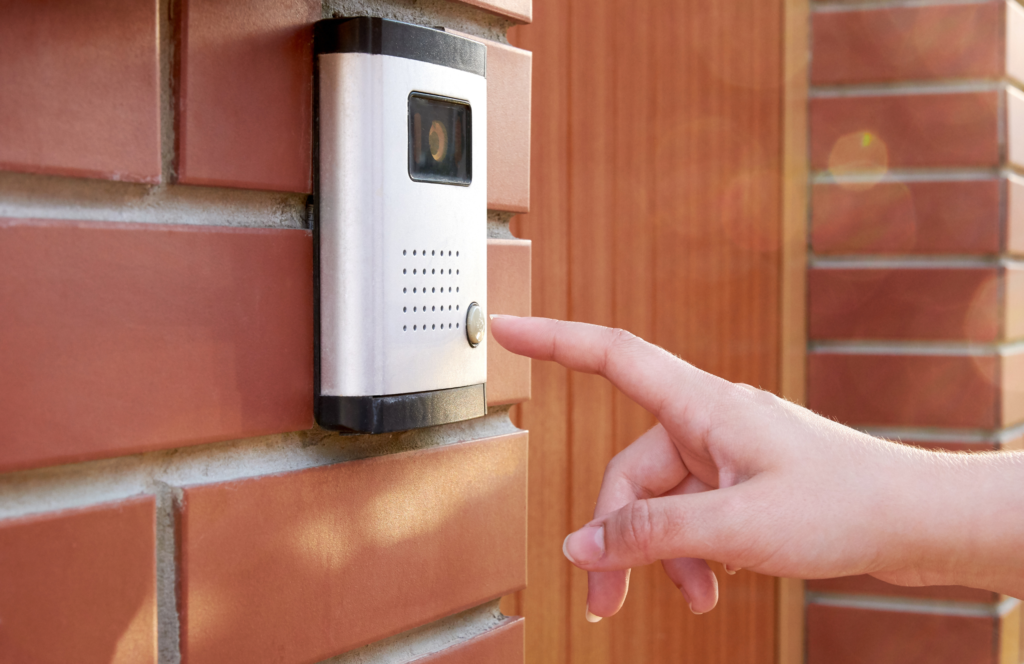One crucial factor that lenders consider when approving a mortgage is your debt-to-income ratio. This is the amount of debt you have compared to your income. If you have too much debt, lenders may be hesitant to approve a mortgage, or they may offer you a higher interest rate.
This is why it’s crucial to pay down your debt before applying for a mortgage. Not only will it improve your chances of getting approved, but it can also help you get a lower interest rate, which will save you money in the long run.
Here are some tips to help you easily pay down your debt:
- Make a budget: The first step to paying down debt is to know exactly where your money is going. Make a list of all your monthly expenses and determine where you can cut back. Use the extra money to pay down your debt.
- Start with the highest interest rate: This is called the avalanche method. Start by paying off the debt with the highest interest rate, while making the minimum payments on your other debts. This will save you money in interest in the long run.
- Snowball method: This is where you pay off your smallest debt first, while making the minimum payments on your larger debts. Once you pay off the smallest debt, move onto the next smallest debt. This method can help give you momentum and motivate you to keep going.
- Consolidate your debt: Consider consolidating your debt into one loan with a lower interest rate. This can make it easier to manage your debt and save you money in interest.
Remember, paying down your debt is not easy, but it’s worth it in the end. Not only will it improve your chances of getting approved for a mortgage, but it can also give you peace of mind and financial stability.


